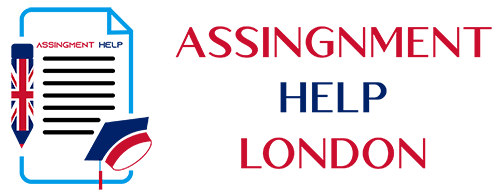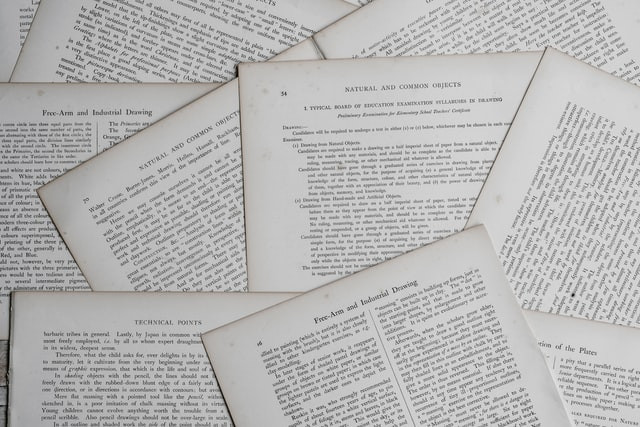How to Use Feedback to Improve Your Future Assignments

Using Feedback to Improve Your Assignment Writing Skills
January 20, 2025The most valuable tool you have in your academic journey is feedback. It is a chance to improve your skills, knowledge, and work quality. Feedback is a tool to learn and aid in academic success rather than criticism. Here’s a list of things you can do to write your future assignments effectively.
Adopt a Growth Mindset
The first step in using feedback is to be open to it. A growth mindset believes you can improve by putting forth more effort and learning. If you can take feedback, use it as a tool to help you grow, not as a reflection of how bad you are. Finding where things can improve and what can be done constructively is easy.
Understand the Feedback
Don’t take action on feedback before you understand it fully. Teachers or peers will give comments, suggestions, or corrections, but they sometimes might not figure out the meaning at once. Take time to:
- Read the feedback carefully: Browse through all the comments, one at a time, and look for essential comments or things that appear repeatedly.
- Ask questions if needed: Ask your instructor if you’re confused about any part of the feedback.
- Categorize the feedback: Then, group it into areas like structure, content, grammar, or analysis. The organization can then address the issues systematically.
Identify Patterns in Feedback
If you get the same type of feedback from different assignments, then it means either some areas need attention or you keep making the same mistake all the time. For example, if all of your instructors point out weak thesis statements or unclear arguments, then you know that you need to focus on your improvement in that area. When you can identify patterns, you can address root causes and prevent the same mistakes.
The Assignment help in London offers students to make their academic journeys worth studying. Expert guidance and individual approaches make it easier to face difficult questions and fast-approaching deadlines. Professional services are provided, whether it is essay writing, research work, or detailed analysis. Having assignment help in the first place can help students dedicate their time to confidently achieving their academic goals.
Create an Action Plan
Once you have identified the highlighted areas that need tackling, develop a step-by-step plan to tackle these areas. Here’s how:
- Prioritize major issues: Don’t solve trivial problems like formatting or grammar before tackling problems like content relevance or logical structure.
- Break it down: Break your tasks into manageable pieces. For example, you can reverse the revision process by starting with your introduction and then tackling the body paragraphs.
Feedback Will Also Help You Learn New Skills
Feedback commonly identifies areas of knowledge or skill we need to develop. Take this as an opportunity to learn:
- Research best practices: If you’re asked to cite better, look for guides showing how to use the correct referencing styles.
- Seek additional resources: You can sign up to attend workshops, watch tutorials, or continue to read writing guides to perfect specific skills.
- Practice regularly. The more you actually apply what you’ve learned, the more easily you will learn new techniques.
Review Your Past Assignments
One of the best ways to learn sometimes is to revisit your old work. Based on the feedback, rewrite sections, fix errors, and improve clarity. This helps cement things down and ensures you are ready for other assignments.
Developing Feedback into New Tasks
Refer to how you were treated with feedback on your old work when you begin a new assignment. You will use it as a checklist when you write, so you don’t repeat the mistakes. For instance, if you were formerly suggested to use more credible sources, your latest task should contain peer-reviewed journals or trustworthy references.
Seek Feedback Proactively
Don’t wait until the final draft to receive feedback. Share your outlines, drafts, or ideas with instructors or peers BEFORE you start writing. Making large changes beforehand allows you to save time and effort in revisions proactively.
Reflect on the Process
After implementing feedback, think about what you’ve learned. Ask yourself:
- This time, what did I do differently?
- Which changes helped me get my work done?
- What do I have to keep applying to future assignments?
This self-assessment exercise will reinforce this strengthening of your confidence in your ability.
Recognize that good feedback carries value.
Lastly, remember that feedback is a gift, even when it’s not. The goal is to help you succeed and realize your full potential. Every comment, whether praise, constructive criticism or detailed suggestions, is an opportunity to grow. If you want to take it on, you will notice an improved result in your academic mark.
Conclusion
Feedback is a skill that takes practice, patience, and willingness to learn to use effectively. You can master assignments with a growth mindset by interpreting the feedback and taking action to apply it. Remember, every comment and suggestion is one step closer to being the better writer, thinker, and student you are already becoming. Start taking the initiative by accepting feedback and seeing your work reach new heights.




